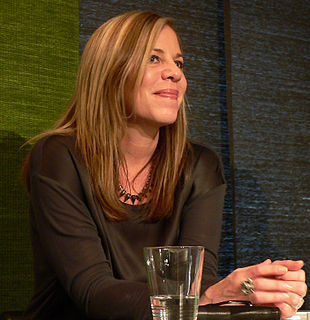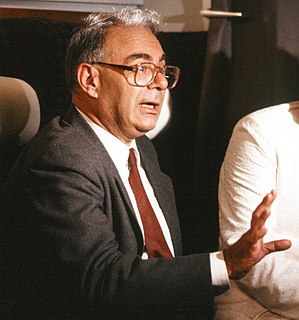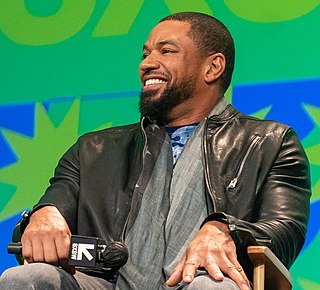A Quote by Toyah Willcox
If my 20s were a time when the way I looked was my calling card, then it feels as though my 60s will be a reinvention.
Related Quotes
I can remember how I sang - a little more nasal-y back then. Listening to those old recordings is like seeing a photograph of yourself from 10 years ago. You're wearing what you thought looked cool at the time. You had your hair styled the particular way you thought looked cool. It's an accurate depiction of who you were and what you looked and sounded like at that point in your life. It doesn't necessarily mean that it aged in a way that it feels as cool or sounds as good to you, or says what you thought it said, 10 years later. That's just the nature of growing older.
But I liked you from the moment I first heard your voice,” he said, “when I had no idea what you looked like. I thought it delicious, the way you bargained for me, as though I were an old rug. Then I loved the way you looked at me. Then I loved the way you ordered me about. I loved your patient and impatient ways of explaining things to me. I love the sound of your voice and the way you move. I love your courage and your kindness and your generosity and your obstinacy and your passion.” He paused. “You’re the genius. What do you think that means?
So when people used to call me 'chinki' I thought that okay maybe my mother is Chinese so they are calling me that. It was only in my 20s, when I travelled to the north-east that I realised that it was racist and that the north-easterners were called this and they were not considered Indians just because of the way they look.
In our twenties, when there is still so much time ahead of us, time that seems ample for a hundred indecisions, for a hundred visions and revisions—we draw a card, and we must decide right then and there whether to keep that card and discard the next, or discard the first card and keep the second. And before we know it, the deck has been played out and the decisions we have just made will shape our lives for decades to come.
Fathers, yours is an eternal calling from which you are never released. Callings in the Church, as important as they are, by their very nature are only for a period of time, and then an appropriate release takes place. But a father's calling is eternal, and its importance transcends time. It is a calling for both time and eternity.



































